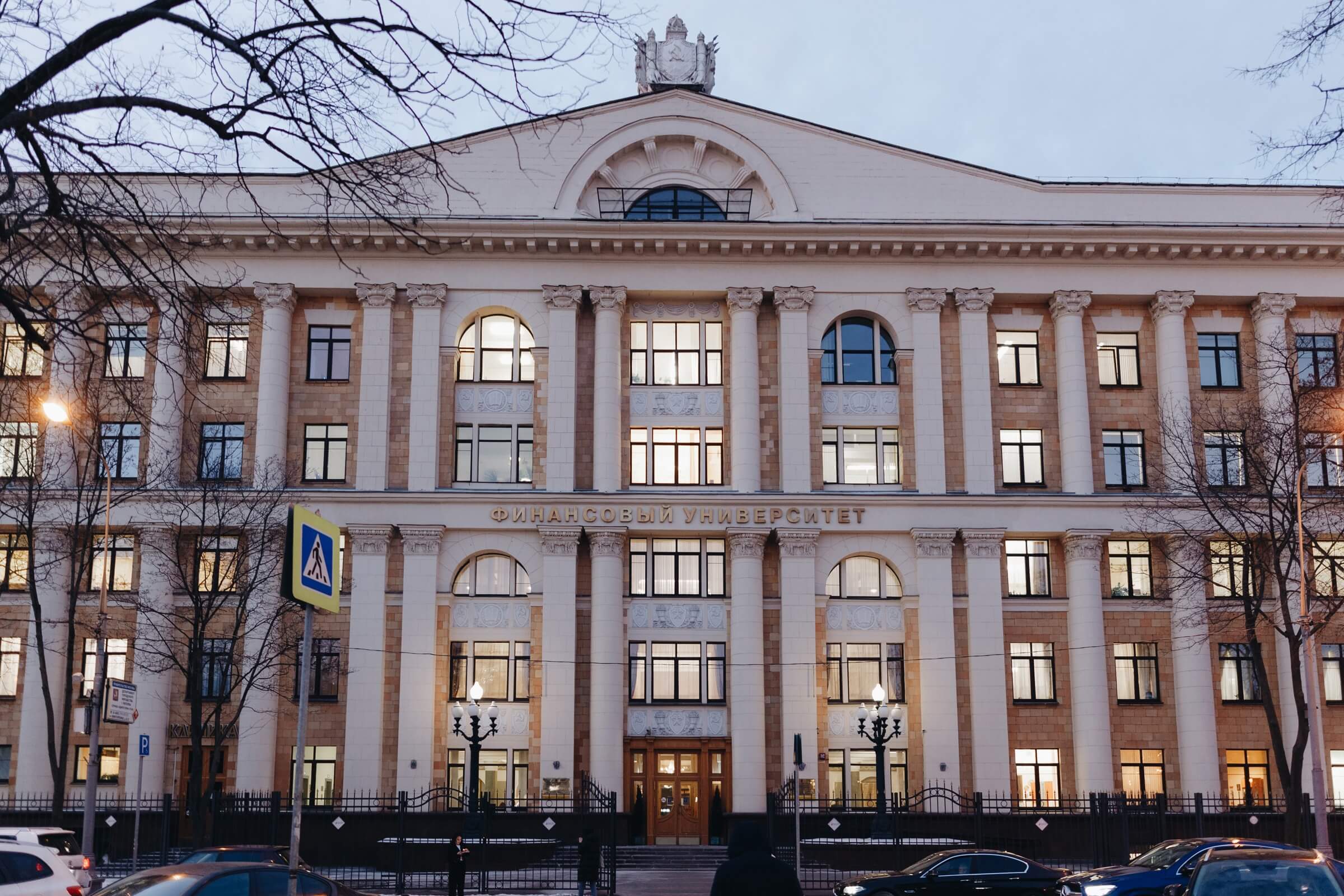The peculiarity of the programs offered is a synthesis of different fields of knowledge. On the one hand, it is sociology and political science, and on the other, it is finance and economics. We prepare specialists of “a broader profile”, able to give not a “one-sided”, but complex analysis of current processes. Our alumni are professionals, who are equally competent in the issues related to politics, social affairs, and bureaucratic interaction at the level of power institutions, as well as in the practical activities of domestic and foreign business. They can compare and compile a single intellectual scheme of seemingly “separate” economic and socio-political issues, which are “a signature” of our Faculty.

